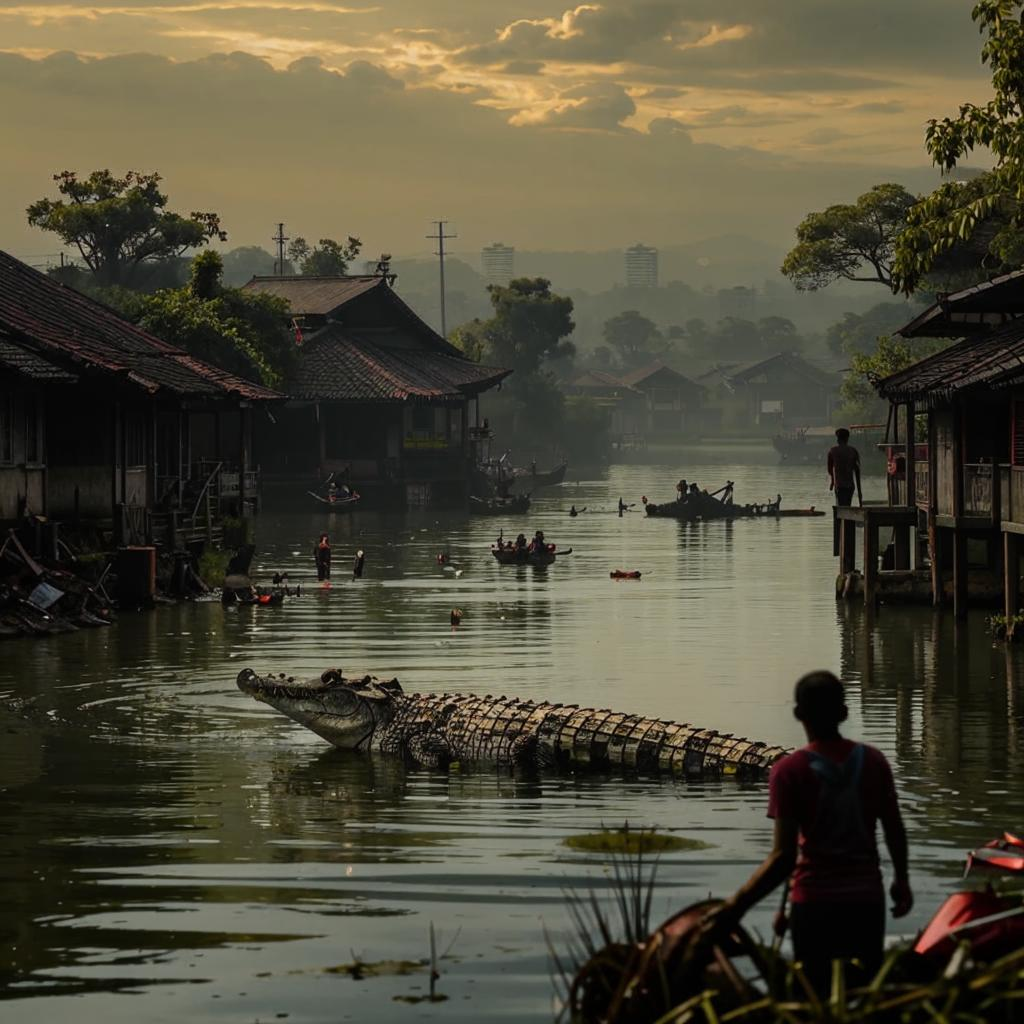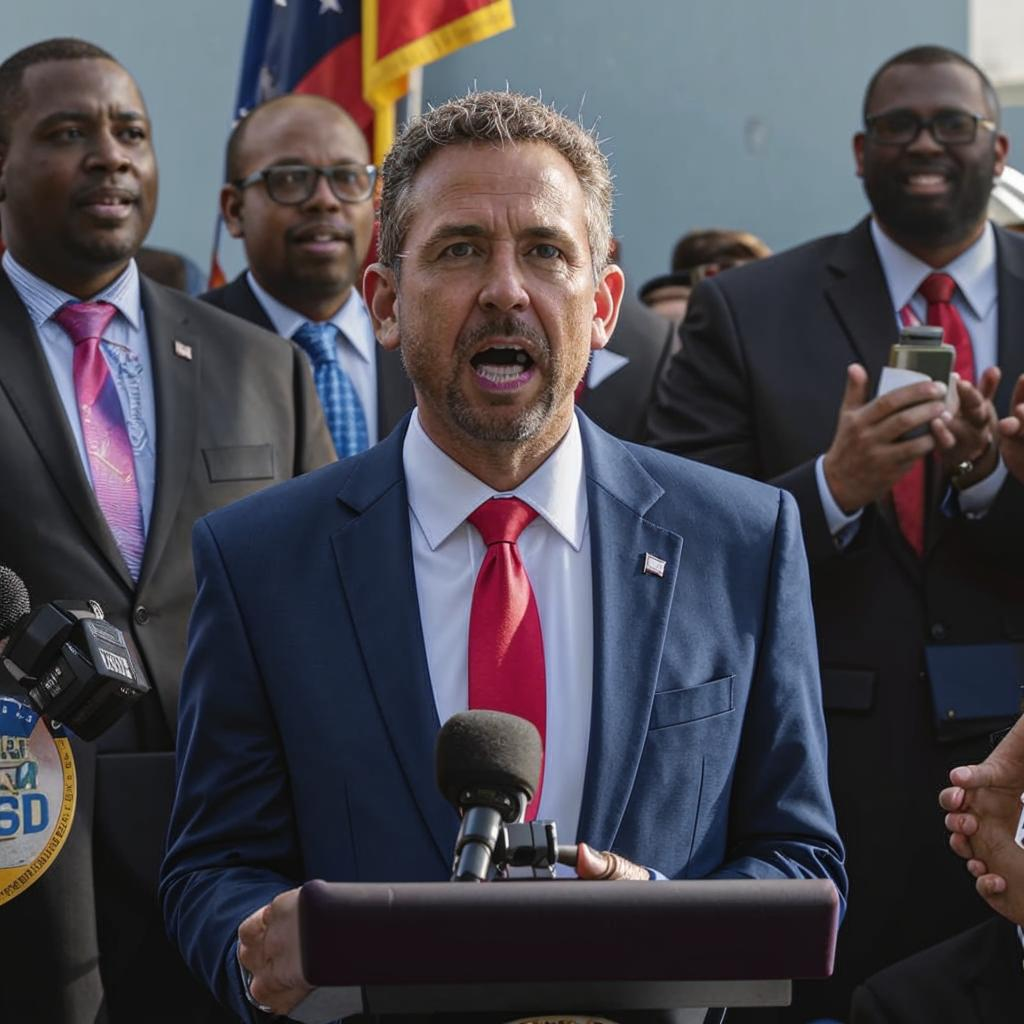Crocodile attacks are on the rise in Indonesia, creating widespread fear and anxiety among residents. Several recent incidents, including fatal attacks, have heightened concerns about human-wildlife conflict in the region.
In one instance, a boy was presumed dead after a crocodile attack, marking the second such incident within two weeks on Borneo Island. These events follow a pattern of increasing crocodile encounters, leaving communities on edge and demanding action from authorities.
The rise in attacks is attributed to several factors, including habitat loss due to deforestation and human encroachment on crocodile territories. As natural habitats shrink, crocodiles are forced to venture closer to human settlements in search of food, increasing the likelihood of dangerous interactions. Some experts also suggest that changes in water levels and weather patterns may be playing a role in altering crocodile behavior and distribution.
Local residents express fear for their safety, particularly those who rely on rivers and coastal areas for their livelihoods. Fishing, transportation, and daily household activities are now carried out with a constant awareness of the potential danger lurking beneath the water’s surface.
Authorities are struggling to address the problem effectively. Conservation efforts are underway to protect crocodile habitats, but these efforts are often hampered by limited resources and the complexities of balancing human needs with wildlife conservation. Public awareness campaigns are being implemented to educate communities about crocodile safety and how to avoid encounters. However, many residents feel that more decisive action is needed to mitigate the risk of further attacks. Options being considered include relocation of problem crocodiles, improved monitoring of crocodile populations, and stricter enforcement of land-use regulations to prevent further habitat destruction. Finishtit











